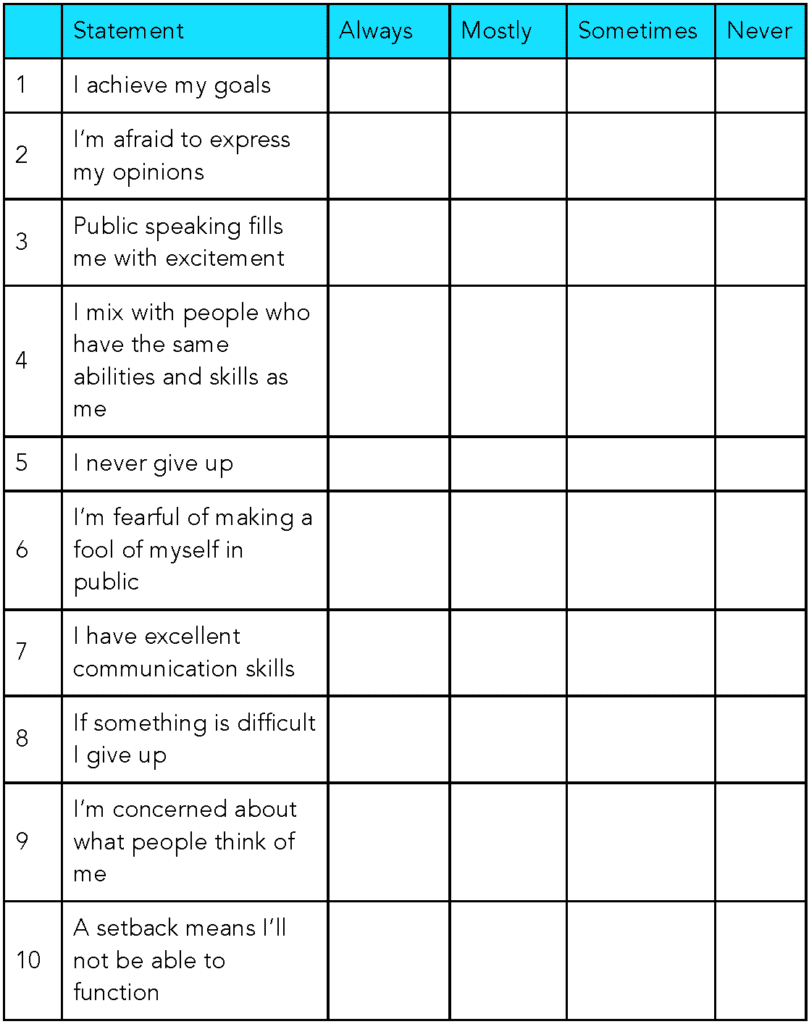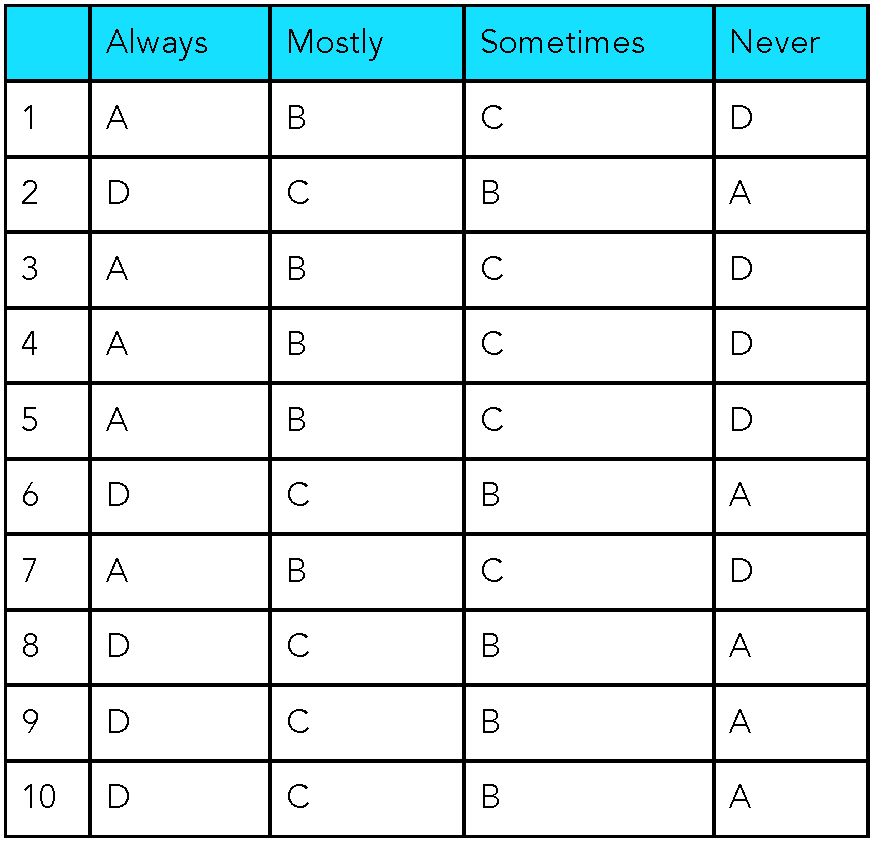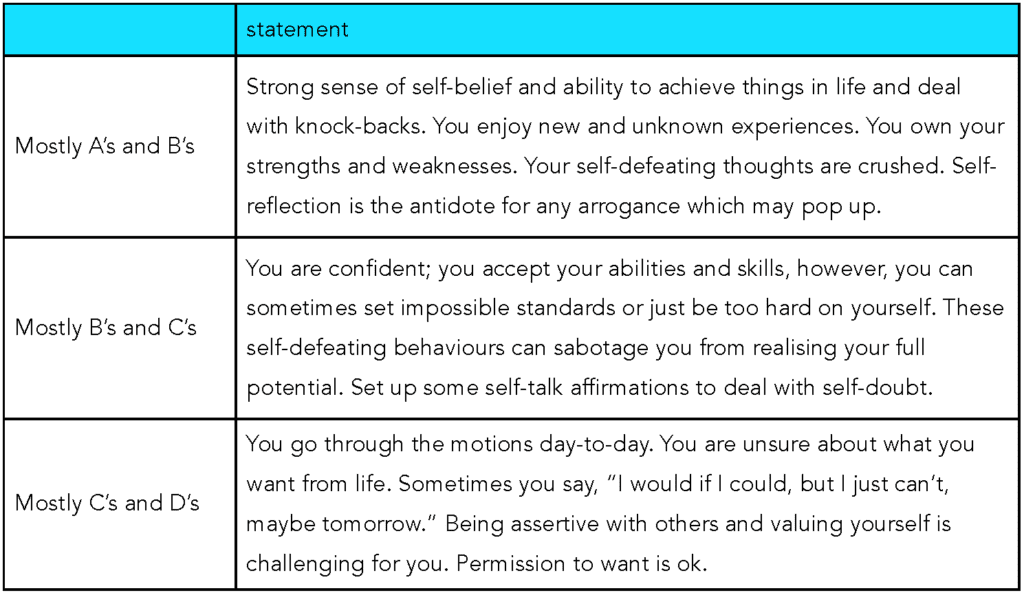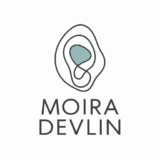What are the benefits of self-reflection?
Self-reflection is something we often view as a personality trait. It is all about how we control our own behaviour to succeed. The truth of the matter is some people are better at this than others, however, that doesn’t mean it is not possible for the rest of us.
Those who are more natural in self-reflection respond to their environment. It comes down to setting up routines and consistency of approach by making it a habit.
Good habits are worth being fanatical about.
John Irving 1
To develop a structure around your own self-reflection, you need to step into that unknown. We are all more comfortable when we are familiar with a situation, but the only way to improve anything is by taking a risk.
Balancing our risks and rewards against our goals means we are more likely to succeed. It is all very well setting out detailed goals but risks and rewards set our boundaries for a good job done. Self-reflection tells us if we are on track and doing the best job.
What is Self-Reflection?
Self-reflection can lead us to a happy and fulfilled life. It can protect our mental and emotional wellness, too.
It’s the key to elevating our life. Self-reflection involves examining our memories, our feelings, and our thoughts and taking the time necessary to understand and analyse them to our benefit.
It is not just about our thoughts, though, it also encompasses our behaviour. We reflect on previous thoughts and events and take the lessons to improve ourselves and do better next time.
This needs to be a habit, it’s a skill, so we can learn it. It’s never too late to start and we can develop our self-reflection skills now.
This will help us to realise our talent, our passions, and our focus. It is the most efficient way to elevate our career.
Self-reflection brings:
- Ability to think more clearly and set defined goals.
- Spending more time with ourselves means more tuned in to our internal compass.
- Less likely to repeat negative and destructive patterns.
- Less likely to self-sabotage.
- Feel energised about our career path.
- Feel more content.
- Embrace our career vision.
- Get in touch with our why and start living it.
- Our relationships, with ourselves and others will improve.
So, how can we get started with the habit of self-reflection?Perhaps the best way to start would be in writing our thoughts or creating mind maps.
Then we can look back on our thoughts. Or keep a journal, meditate or take long walks every evening. Experiment with different things to find what works for you personally.
Experimenting in different approaches is part of the discovery process, and it can be fun.
Confidence check-in
There are a few things we can do to keep our confidence in a good place. A good starting point is for us to take a small amount of time each day to spend in self-reflection. During this time, we analyse our thoughts and actions by asking the following questions:
- Did you exude confidence or arrogance?
- Were you confident in your personal ability to complete a task?
- Did you believe you were the only one capable of completing a task?
- Do people seem put off or bothered by you behaviours?
- Do people seem positive or encouraged by you behaviours?
We should be vigilant and always pay attention to how others act around us, and how they react to things we do.
Being aware of our surroundings and reading people effectively keeps us in touch with our environment.
Nurturing and growing our confidence means looking in the mirror to understand how positive we are and how we need to use our purpose and self-reflection to protect and grow our confidence.
If we do nothing else, building our confidence will provide a bedrock to our career success.
Confidence Snapshot.
Complete this short questionnaire by selecting one option for each statement below:

Then create this next table and circle each choice in the table.

Lastly, total the number of A’s, B’s, C’s and D’s. Then review summary feedback.

References:
- John Irving (1942-) American-Canadian author and screenwriter.
© 2022 Lifexpression Limited All Rights Reserved
© 2022 Shutterstock.com. © 2022 Envato Pty Limited


